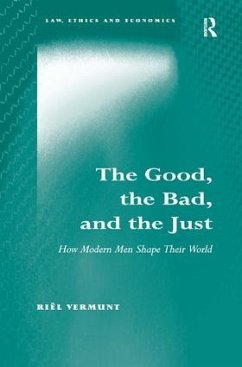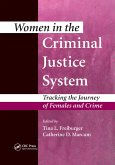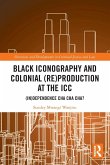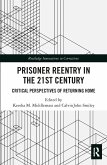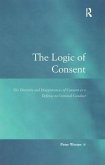Drawing on multidisciplinary findings and ideas, this book discusses fair allocation of social resources, such as goods, services and information, in a novel and integrated way. The role of the essential features of allocation behavior: motivation, cognition and emotion, as well as morality and reactions to perceived unfairness are examined in the newly developed Justice Model. The author offers explanations as to why, how and to what extent, people, in an effort to attain justice, allocate social resources between self and others and among others. It is held that the allocation event, featuring actor, recipient and observer, as well as the resources to be allocated by an actor, can function as a guideline for the essentials of fair behavior. The work explores the conditions under which an actor may deviate from a just division of social resources thus instigating a reaction from recipients and observers. The study covers various levels of analysis ranging from the intra-personal to the societal. The book will be of interest to academics and researchers working in the areas of crime, law, justice, public policy and governance.
Hinweis: Dieser Artikel kann nur an eine deutsche Lieferadresse ausgeliefert werden.
Hinweis: Dieser Artikel kann nur an eine deutsche Lieferadresse ausgeliefert werden.

